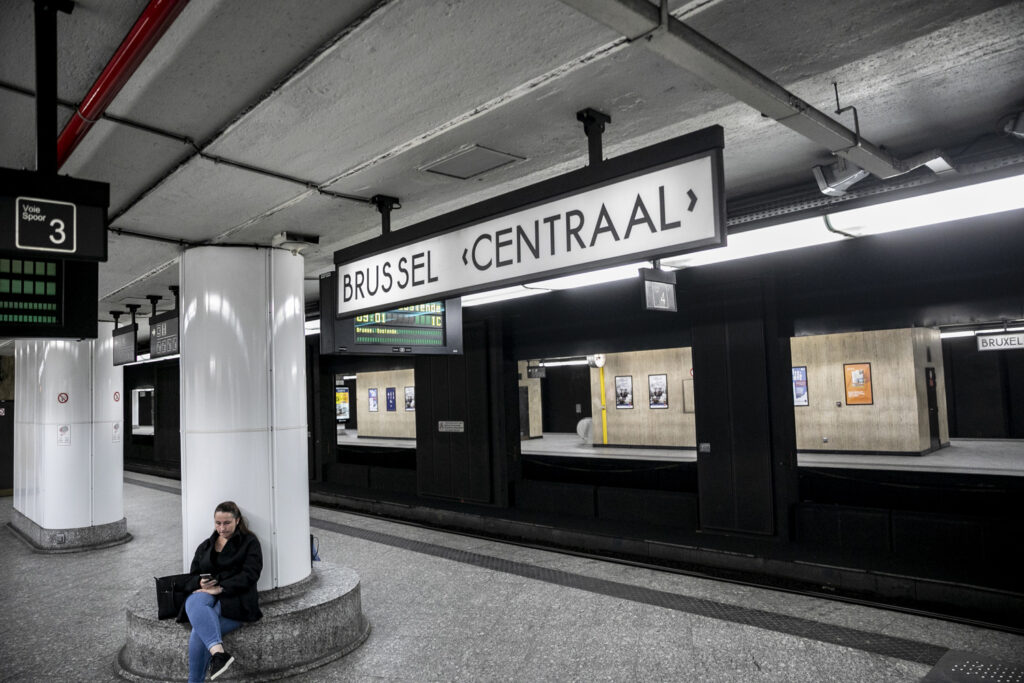As the two-day strike by national railway operator SNCB's staff nears its halfway mark, the action so far has been hailed as a success by unions.
The ACOD/CGSP Railways, the CSC Transcom and the SLFP Railways are organising a four-day strike from 22:00 on Tuesday evening to the same time on Thursday, and then from 5 to 7 December at the same hours. The first day was well supported and many trains were cancelled as a result of the action, Günther Blauwens of the ACOD/CGSP Railways reported on Tuesday.
Unions are organising the largest railway strike since 2017 to voice their dissatisfaction with the restructuring and cost-cutting measures. They are also unhappy with some of the management's intentions, such as the proposal to halve the 20-minute preparation time given to the train conductor before their service.
"The lack of staff increases the workload. Overtime is becoming the norm on worksites, and staff do not have the opportunity to take their recuperation days. Every day, the staff are confronted with defective tools. Now more than ever, we are asking for stability on the railways," unions argued.
Strong signal
Despite the fact that SNCB managed to put on a minimum service – with about half of the IC trains (connections between larger cities) and two in five of the other trains not running – Blauwens believes the strike is sending a strong signal.
The dissatisfaction among staff was also widely visible on Tuesday, as colleagues also stopped working in the depots. "Management definitely feels it when production stops in some depots and multiple trains are cancelled." A rally was also held on Wednesday in front of Guillemins station in Liège.
Related News
- Belgian 48-hour railway strike: Which trains are running?
- 'Untenable': Liège railway workers call strike to voice frustration against SNCB
Earlier this week, SNCB chief Sophie Dutordoir called the unions' strike disproportionate, but added that the company will sit down with the unions on Thursday to see if the two-day strike in December can be avoided.
SNCB expects similar disruptions on Thursday to those seen on Wednesday but has once again stressed that the number of trains may vary by region. Passengers are advised to plan their journeys well and to consult Thursday's alternate service online before undertaking a journey.

